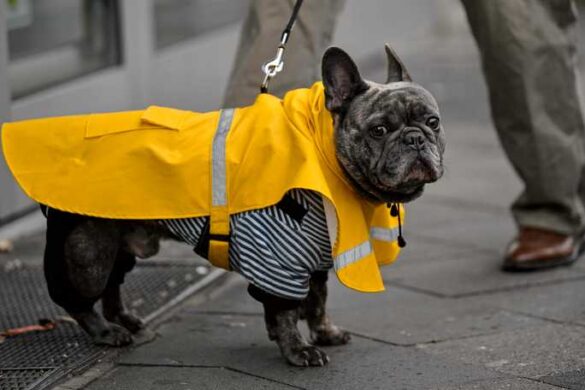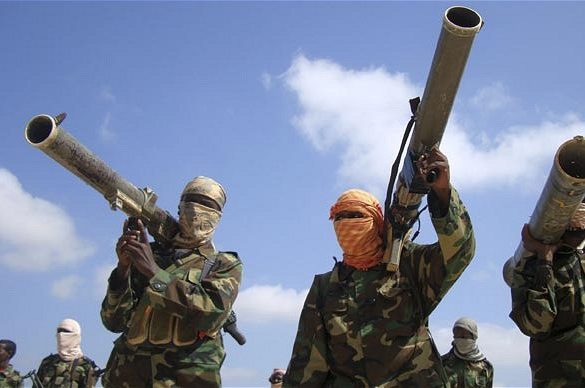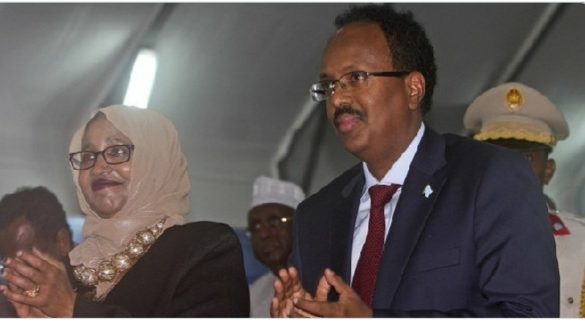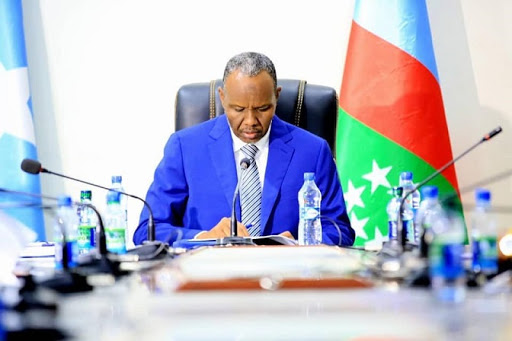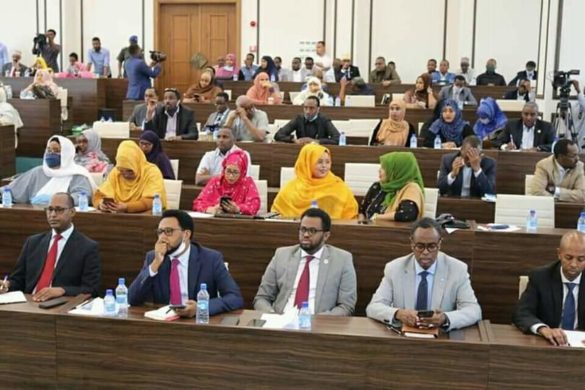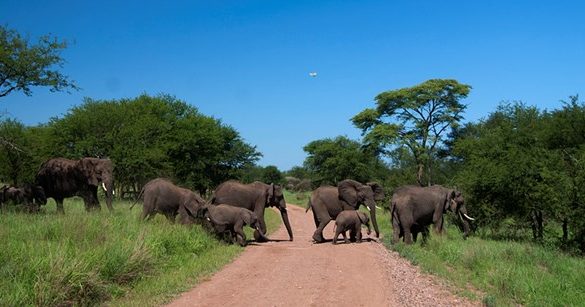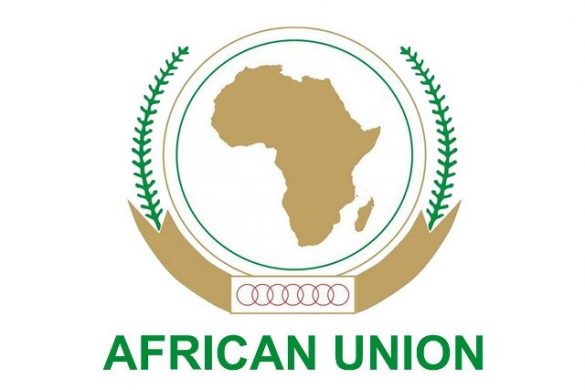Prosecutors at the International Criminal Court on Thursday put big business and politicians on notice of a greater focus on environmental destruction and illegal land grabs as possible crimes against humanity.
In a new ICC internal policy, chief prosecutor Fatou Bensouda said her office would “give particular consideration” to crimes committed by or resulting in “the destruction of the environment, the illegal exploitation of natural resources or the illegal dispossession of land”.
The landmark move was hailed by environmental and rights activists who said it could act as a strong deterrent to big business and corrupt politicians around the world.
“No western company wants to be accused of crimes against humanity through obtaining mining concessions in Asia or Africa,” lawyer Richard Rogers, who has filed a case at the ICC against land grabs in Cambodia, told AFP.
Outrage has grown worldwide over the plight of villagers and indigenous people being thrown off land sold to logging and mining companies, as well as agribusiness.
The non-governmental organisation Global Witness said millions had been dispossessed around the world. And they calculate that at least three people a week are killed defending their lands.
The ICC move “shows that the age of impunity is coming to an end”, said its executive director Gillian Caldwell in a statement.
“Company bosses and politicians complicit in violently seizing land, razing tropical forests or poisoning water sources could soon find themselves standing trial in The Hague alongside war criminals and dictators,” she added.
Helen Brady, senior appeals counsel in the prosecutor’s office who chaired the policy’s working group, told AFP the ICC was “not adding new crimes” to those already set out in its guiding Rome Statute.
“What we’re acknowledging is an emphasis, or an expanded focus by this office… on these crimes that are committed by means of this destruction of environment or dispossession of property”.
’21ST CENTURY’ CHALLENGES’
This focus — along with prioritising crimes against children, gender-based violence and cultural destruction — will “move the ICC to become an international criminal court for the 21st century and beyond”, she added.
It “does send a powerful message and is something that could be listened to by would-be perpetrators”, Brady said.
Based in The Hague, the ICC began work in 2002 to prosecute the world’s worst crimes where domestic courts are unwilling or unable to act.
A total of 124 countries and territories have so far signed up to the Rome Statute.
Prosecutors have opened full investigations into 10 cases, all in Africa apart from Georgia, seeking to gather the evidence to bring charges. There are also nine preliminary probes going on, the step before a full inquiry.
There are also six ongoing trials.
But the Rome Statute does also “cover crimes which can be committed in peacetime” such as the forcible removal of people from their lands, said Brady.
Lawyers already filed in 2014 a large dossier to the prosecutor’s office asking her to open an investigation into land grabs in Cambodia.
Some 850,000 people are believed to have been forced off their land in the past 15 to 20 years, as plots of Cambodian land have been sold off to foreign companies often from China and Vietnam, said Rogers.
The new emphasis at the ICC will send “a message to these kleptocracies around the world who have stayed under the radar for such a long time”, said the lawyer with the London-based firm Global Diligence LLP.
“These type of crimes like environmental destruction are some of the great challenges of our age,” he added.

